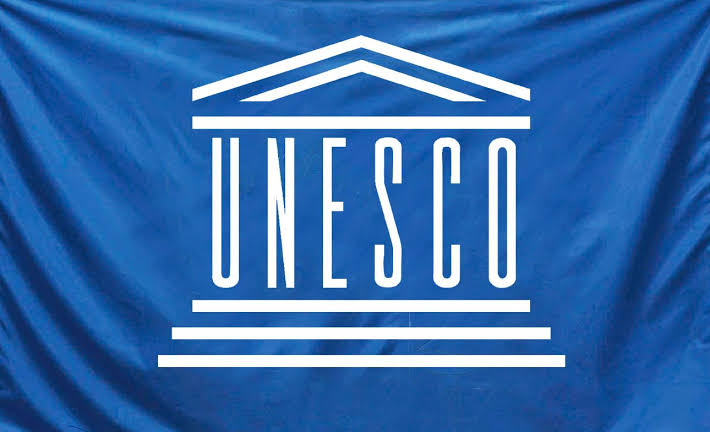
13 May 2025 Islamabad Pakistan(Kamran Raja): In a critical step towards building knowledge-based societies and enhancing citizens’ ability to navigate the digital landscape responsibly, UNESCO, in collaboration with the Pakistan Institute for Parliamentary Services (PIPS), Media Foundation 360, and the Department of Digital Media at the University of the Punjab convened a high-level technical session titled “Shaping National Policy: Enhancing Policymakers’ Understanding of Media and Information Literacy Challenges.”
The session brought together parliamentarians, media professionals, and relevant members of the National Assembly Standing Committee on Information and Broadcasting to deliberate on the integration of UNESCO Media and Information Literacy competencies into national policies. Inaugural remarks were delivered by Asim Khan Goraya, Executive Director PIPS.
Mr. Antony Kar Hung Tam, Officer-in-Charge of the UNESCO Office in Pakistan, emphasized the need to empower citizens through Media and Information Literacy for stronger institution, democracy and digital inclusion. “In an era defined by digital transformation and information overload, Media and Information Literacy is not an additional element; rather it has become a democratic necessity. UNESCO strongly believes that when individuals are equipped to critically assess information, challenge disinformation, and engage ethically especially on digital platforms, they contribute to transparent governance, inclusive dialogue, and sustainable development.” A dynamic panel discussion explored Media and Information Literacy’s relevance beyond classrooms, with contributions from Syeda Shehla Raza, Member of National Assembly, together with various policy makers.
Leading strategy consultations and development, Professor Dr. Savera Mujib Shami, Chairperson of the Department of Digital Media, University of the Punjab, highlighted the key findings of the draft National Media and Information Literacy Strategy. She outlined its vision to embed Media and Information Literacy into education, media, and governance frameworks, prioritizing youth engagement, gender inclusion, and ethical digital participation.
Participants further engaged in a discussion to map Media and Information Literacy initiatives that can be implemented, followed by interactive policy drafting exercises. This initiative marks a pivotal milestone in co-developing Pakistan’s first National Media and Information Literacy Strategy aligned with the goals of the Digital Pakistan vision and UNESCO’s commitment to fostering inclusive, informed, and ethical digital societies.